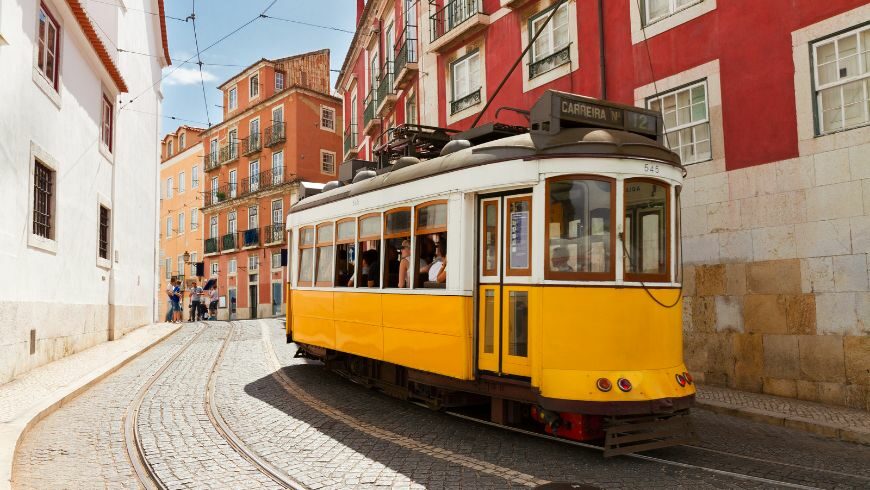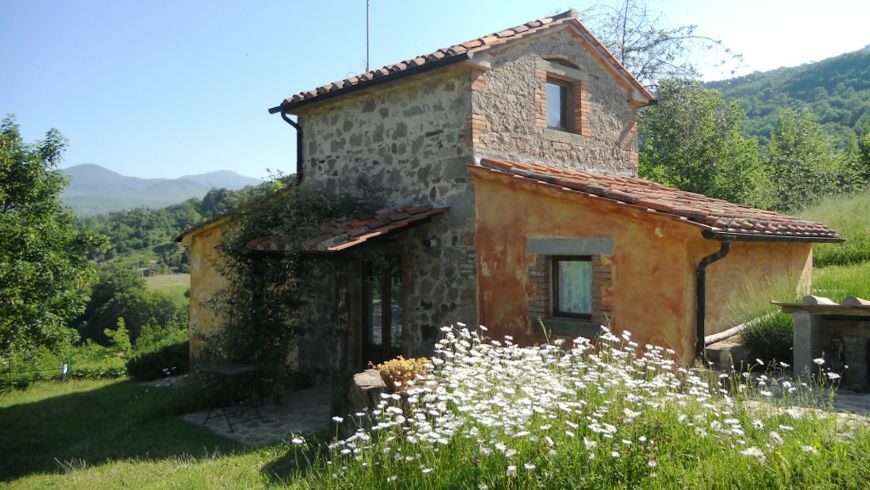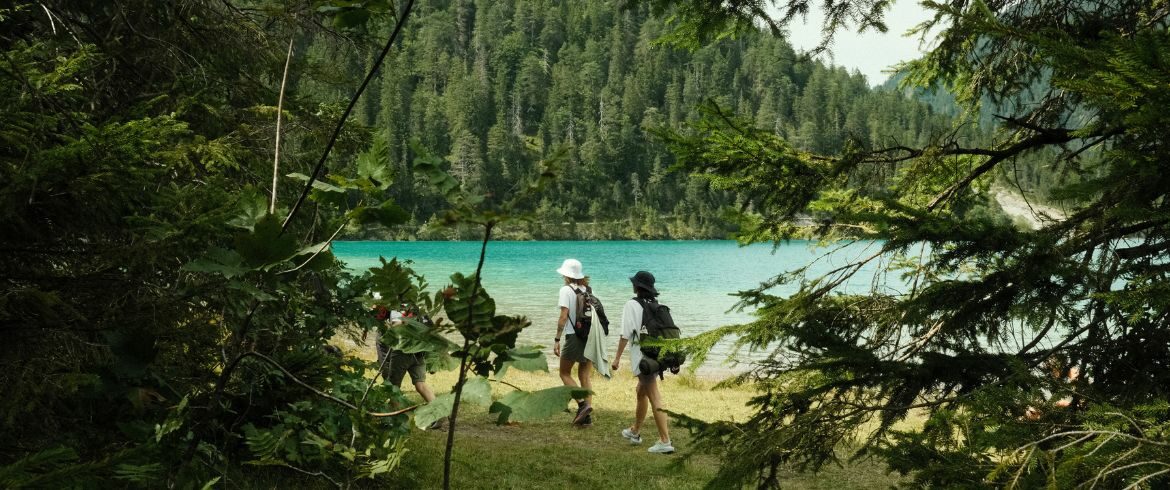There is still a lot we don’t know about tourism’s future as it recovers from the COVID-19 pandemic. One uncertainly lies within the way the travel industry should look these days. Almost 1.4 billion foreign visitors visited traveled across the world in 2019. The tourism boom helped the economy and satisfied individual demands, but the environment in the towns suffered as a result. It is time for a change. Do you want to do your part to help save our planet? There are several opportunities to do precisely that as a traveler. You can adapt and modify your routine regardless of how your previous travel habits were. There has never been a better opportunity to make changes, particularly if they are good for the environment. We have created a list of sustainable travel tips to help you become a more socially and environmentally responsible traveler. Think about the habits you can form when you travel to make a change.
Go off the beaten path

Travelers can help stop over-tourism by avoiding tourist traps and going off the beaten path. While it may be alluring to visit the same tourist hotspots that everyone is sharing photos of wearing their Arcteryx jackets on Instagram, choosing less popular sites will make your trip more rewarding and less damaging to the environment. That is a win-win situation.
Why stand in line for hours just to find out the attraction is disappointing? Instead, you can travel to unknown locations. The stories you’ll tell when you get back home are much more exciting when you travel off-the-beaten path.
Finding those off-the-beaten-path locations will require some research, but doing so is not so difficult if you have access to the Internet. To assist in locating these places, use social media platforms like Facebook. Look up lists on Google. Consult locals and refer to guidebooks for suggestions. Visit a village or small town instead of the big city. Rural communities and small towns have a lot to offer visitors.
If visiting a popular location is an absolute must, you can still implement sustainable practices into the trip. One way to do that is by visiting during off-peak season. Off-peak season travel has many advantages. It is more affordable, less congested with tourists, and provides more time to explore the location in its entirety.
Be patient and take your time

There is limited time at your destination. Knowing this, we try to cram as much into each day as possible. This once-in-a-lifetime adventure should be fulfilling. However, a fulfilling vacation isn’t necessarily one filled with activities. Some of the best vacations have fewer activities on the itinerary. Focus on a few locations rather than packing your trip with a lot of activities.
Although having a full schedule may seem ideal during a vacation, many people find the opposite true. Taking your time to thoroughly explore new places and attractions is truly exhilarating.
Also, slowing down reduces stress, enhancing everyone’s vacation enjoyment.
Do yourself a favor and allow additional time to explore the area.
Choose one longer trip every year as opposed to multiple shorter ones. When you reach your destination, stay there for a bit rather than going somewhere else. It’s just as wonderful to stay put as it is to travel far.
If you take things slowly, you can experience the place you are visiting. You may spend more time getting to know the locals, experiencing the culture, and learning about the unique attractions of the place if you aren’t pressed for time.
Enroll in a cooking class to taste the local flavors and learn how to make unique recipes. If you spend the day cycling or strolling through the town, you’ll discover hidden gems like charming neighborhood cafés. Discover a museum and equip yourself with a wealth of fascinating knowledge. Often, the little things make a trip most exciting.
Spending more time in a location can provide a more genuine, impactful, and memorable travel experience. Additionally, it reduces stress on the towns and cities you visit while boosting the benefits for the local companies you support. They need and welcome all the support. Also, leisurely travel is better for the environment since it reduces the carbon emissions that are created by vehicles and airplanes.
Use efficient transportation strategies

How are you going to get around while on vacation? Make intelligent choices if you wish to reduce the carbon emissions produced by travel. Around 8% of global carbon emissions are caused by travel and tourism. Because of this, the travel industry significantly contributes to climate change, which is one of the biggest threats to the future of tourism, humankind, and the planet. Make a change to ensure future environmental protection.
Air travel, driving, and other modes of transportation are the main causes of tourism’s carbon footprint. Even while certain modes of transportation are more efficient and clean than others, they all require energy. How you travel to, from, and around your location is important.
How will you get around?
The least efficient modes of transportation are, in general, cars and airplanes. When traveling for a vacation, take the train or a bus to cut emissions while taking in the scenery. Consider taking a bus, the rail, or riding a bicycle to move around rather than renting a car after you get to your destination. If you decide to rent a car, style is important. Continue helping the environment by choosing a compact, hybrid, or electric vehicle.
Choose environmentally responsible accommodations

Select your trip accommodations wisely. No matter where you go, there are lots of sustainable housing options. By switching to sustainable accommodation, you are motivating other businesses to follow suit. Always be on the lookout for businesses that offer eco-friendly housing.
Put your money where your mouth is to demonstrate to them your concern for sustainability. Keep in mind that just because a business advertises itself as being “green” or “sustainable” doesn’t make it such. To demonstrate that you are considering sustainability while making purchases, find out more about the specific practices and rules they have put in place and ask them questions. What energy and water conservation techniques do they use? Has there been a limit on single-use plastics? How do they promote diversity and inclusion? Are locals hired for management positions? Do they give preference to regional producers and suppliers? Do they support kind interactions between animals?
Cover image: Photo by Anton Poliakov via Unsplash




